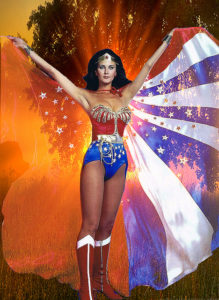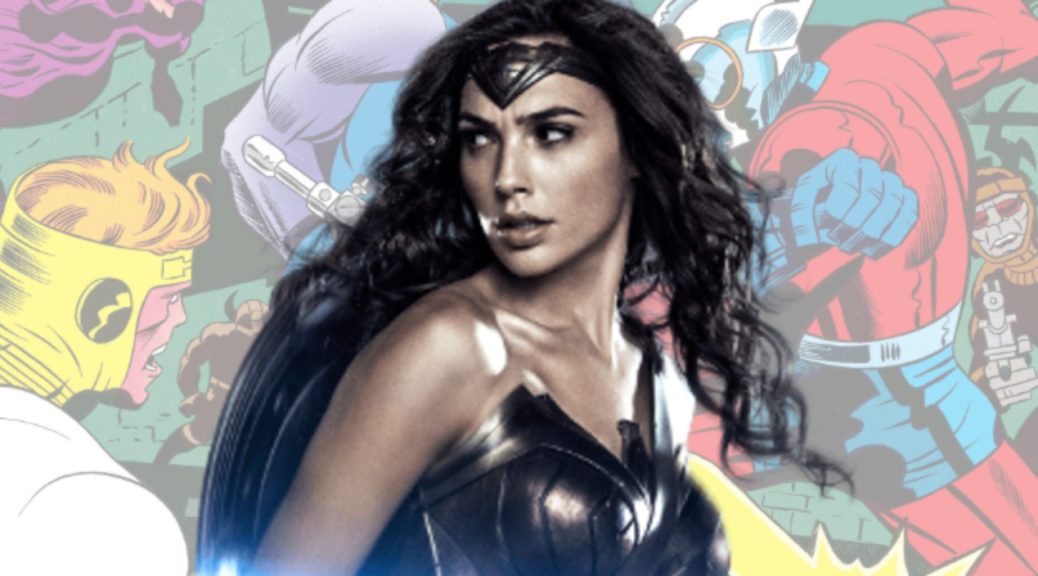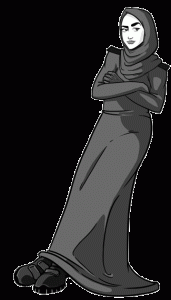
[The following piece was originally published for the Colorado Council of Churches website and it is reposted here with the author’s permission.]
Even before the new movie broke box office records and charmed the world this summer, Wonder Woman was an icon for feminism. She has a set of values in the film that closely approximates the best of theological thinking. That is, the movie hints at some concepts that have been core to the character from her creation—that love and diplomacy are better tools than war in solving the world’s problems and that women should have a role in leadership toward peace. Yes, the film has some well-executed fight scenes, but Diana—the Wonder Woman at the center—is determined to use her skills to defend and help. She refuses to vilify the soldiers and ordinary people participating in the violence of World War I; she remains convinced that human beings can be better than they are.
It’s complicated to use a fictional comic character as an icon for anything—peace, diplomacy, or feminism—because so many people are responsible for creating stories about the same character. Creators rarely agree on a single focus or value for characters in their charge. In this short presentation, which I did last year before the film came out, I wrestle with the way two very different origin stories for Wonder Woman create tensions around the character as an “ideal” woman. Thank you to Ryan Duncan and Cathie Kelsey at Iliff School of Theology for inviting me to share my passion for comics with the gathering for International Women’s Day last year. (I misspeak in the opening line of this video and say Women’s Day is a “year” rather than a day, but it’s just wishful thinking!)
I hope you enjoy learning about a little about the tangle of origin stories and my call to be wonders in the world. Despite the complexities, I’m happy that this character exists to give hope and inspiration to women. In moments when I feel powerless, it’s wonderful to have stories about a woman of such obvious power and love. I’m thrilled that this generation has the 2017 film to give them such a positive picture of the possibilities of this character.
For more, watch this video of Dr. Coody!
Elizabeth Rae Coody, PhD directs the Writing Lab at the Iliff School of Theology in Denver, Colorado. Her own writing is often about the Bible and comics. As a trained biblical scholar whose PhD is in Religious and Theological Studies with a concentration in Biblical Interpretation, she values the contributions to biblical interpretation that popular culture can make. Her 2015 dissertation project was on the way comics can help interpreters imagine the scandal of Jesus’s death on the Cross that is often domesticated by modern Christian sensibilities. Her work continues and expands themes of how popular culture can give insight into the Bible and how knowledge of the Bible can return the favor.


